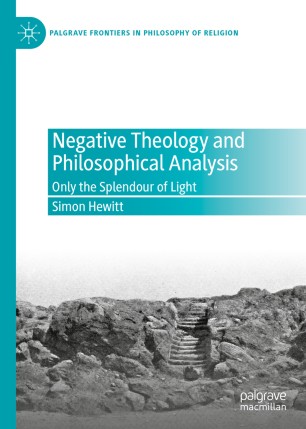

Most ebook files are in PDF format, so you can easily read them using various software such as Foxit Reader or directly on the Google Chrome browser.
Some ebook files are released by publishers in other formats such as .awz, .mobi, .epub, .fb2, etc. You may need to install specific software to read these formats on mobile/PC, such as Calibre.
Please read the tutorial at this link: https://ebookbell.com/faq
We offer FREE conversion to the popular formats you request; however, this may take some time. Therefore, right after payment, please email us, and we will try to provide the service as quickly as possible.
For some exceptional file formats or broken links (if any), please refrain from opening any disputes. Instead, email us first, and we will try to assist within a maximum of 6 hours.
EbookBell Team

4.1
70 reviewsThis book is the first treatment at length of negative, or apophatic, theology within the analytic tradition. Apophatic theology holds that there is a significant sense in which we cannot say what God is. Important negative theological elements are present in a host of Christian thinkers, from Gregory of Nyssa to Aquinas, and yet apophaticism is neglected in philosophical theology as practiced within the analytic tradition. By contrast, Hewitt shows how apophatic theology is integral to how Christians have thought about God, and how it can be defended against standard attacks in the philosophical literature.
Hewitt diagnoses the unease with apophaticism amongst contempory philosophical theologicans as rooted in a certain picture of how language functions, here called referentialism. Arguing that this picture is not compulsory, an account of language which sits more comfortably with negative theology (originating from work of later Wittgenstein) is invoked, and applied to key themes in philosophical theology including divine personhood, the Trinity, the Incarnation and the afterlife.